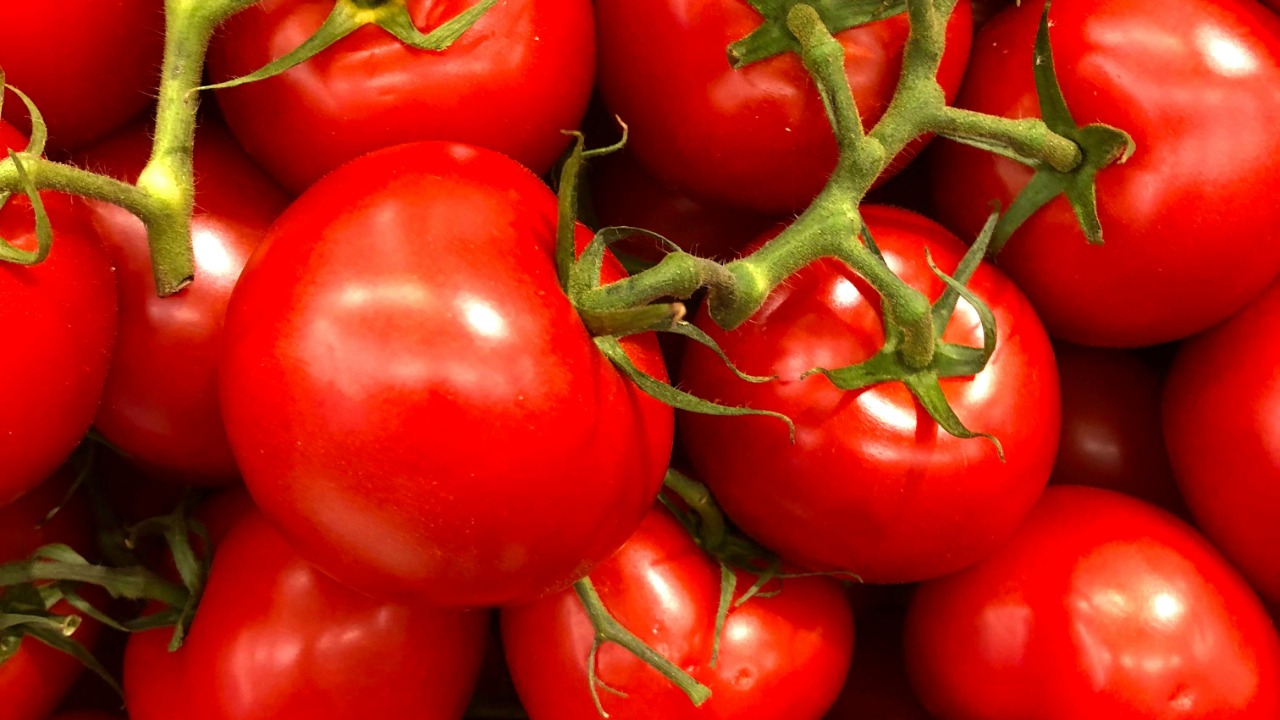There's nothing quite like the experience of a bustling farmers’ market. The fresh air, the vibrant colors of ripe produce, and the taste of farm-fresh goods make it unforgettable. Still, not every purchase is a smart one. Some items lose their freshness or quality before you even get home, leaving you disappointed instead of delighted.This list draws from real-world trends, grower insights, and expert advice to highlight which items require extra care when shopping at your local market. With a little knowledge, you can make sure you bring home only the freshest, longest-lasting goods.
Soft Berries

Want to Save This Recipe?
Enter your email & I'll send it to your inbox. Plus, get great new recipes from me every week!
By submitting this form, you consent to receive emails from Walking on Sunshine Recipes.
Berries such as raspberries, blackberries, and strawberries are sweet, nutrient-packed, and always tempting at the market. But they’re also delicate, bruise easily, and spoil quickly—especially in warm weather.To enjoy them at their best, plan to eat berries soon after purchase and transport them in a cooler bag to keep them fresh until you’re home.
Fresh Cut Flowers

Farmers’ market flowers are beautiful and fragrant, but they can wilt quickly if left without water. The excitement of the purchase can fade fast if your bouquet looks tired before you get home.To keep cut flowers fresh, bring a small container of water in your car or plan to head straight home after shopping so you can get them into a vase right away.
Leafy Greens

Lettuce, spinach, and kale are market staples, but they’re also quick to wilt and spoil if left in a warm bag or hot car. Even a short delay can leave them limp and unappetizing.To keep greens crisp, store them in a cooler or insulated bag and get them into your refrigerator as soon as possible.
Shellfish

Clams, mussels, and oysters can be tempting finds at coastal markets, but they’re among the most perishable items you can buy. If they’re not kept at the right temperature, they can spoil quickly and even become unsafe to eat.Always bring a cooler with plenty of ice if you plan to buy shellfish, and cook or refrigerate them as soon as possible after purchase.
Eggs

Farm-fresh eggs are a sought-after item, but they’re sensitive to heat and handling. Without proper storage, their quality drops quickly, especially on warm days.Bring a sturdy carton and an insulated bag or cooler to keep eggs fresh and safe until you get them into your fridge.
Tomatoes

Ripe tomatoes are full of flavor but bruise easily. A few bumps in your bag can leave them split or mushy by the time you get home.To keep them intact, avoid stacking them and carry them in a single layer if possible. They’ll reward your care with unmatched flavor and juiciness.
Mushrooms

Mushrooms add depth and flavor to countless dishes, but they spoil quickly if exposed to too much moisture. Kept in sealed plastic, they can turn slimy in just a day.To extend their freshness, transfer mushrooms into a paper bag as soon as you get home. This helps absorb excess moisture while keeping them firm.
Peas

Fresh peas taste wonderfully sweet right after harvest, but that sweetness fades quickly as their natural sugars turn starchy. Left too long, they lose much of what makes them special.For the best flavor, plan to cook and eat peas as soon as possible after buying them from the market.
Herbs

Fresh herbs bring fragrance and flavor to cooking, but they wilt quickly without the right care. A bunch of parsley or cilantro can lose its vibrancy in just a day or two if not stored properly.To extend their life, wrap herbs loosely in a damp paper towel and store them in a breathable bag or jar in the fridge. This helps them stay fresh and flavorful longer.


Comments
No Comments